ARM CEO not impressed by Intel's 'Medfield' chips for smartphones, tablets
ARM Holdings Chief Executive Warren East said in an interview with Reuters at the Consumer Electronics Show this week that Intel's latest Atom-based mobile chips are "good enough," but don't match up with ARM's reference designs.
"They (Intel) have taken some designs that were never meant for mobile phones and they've literally wrenched those designs and put them in a power-performance space which is roughly good enough for mobile phones," he said.
When it was developing the iPad, Apple originally utilized Intel's low-power Atom processor, but ultimately determined that the Atom wasn't efficient enough to run its touchscreen tablet. Instead, the company developed its own custom silicon in the form of the A4 processor, which is based on ARM's designs.
With most mobile devices now powered by ARM's low-power, low cost chips, Intel is attempting to muscle its way into a market where its presence has been limited, particularly compared to the traditional computing landscape it has dominated for years.
At CES, Intel unveiled its new Atom Z2460 "Medfield" platform designed for smartphones and tablets. Motorola Mobility and Lenovo also announced plans to build devices based on Intel's new Atom mobile processor.
As Intel looks to gain ground in the smartphone and tablet space, ARM is poised to chip away at Intel's control of the traditional computing market. That's because the next major version of Microsoft's operating system, Windows 8, will offer compatibility with machines powered by ARM-based processors.
There was even a rumor last May that Apple had secretly built a prototype MacBook Air powered by the same A5 processor found in the iPad 2 and iPhone 4S. It was said that Apple officials were impressed by the results, as the test machine performed "better than expected."
 Katie Marsal
Katie Marsal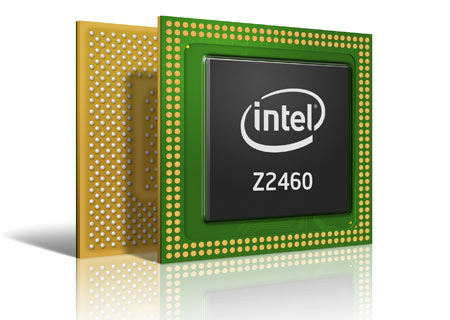


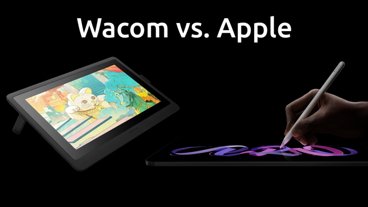
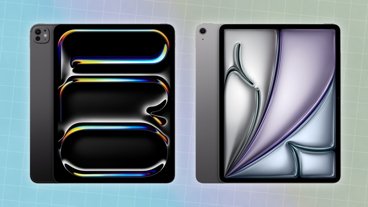
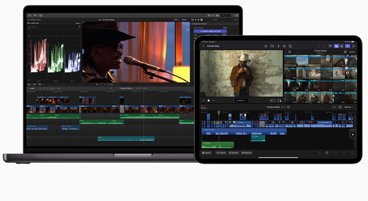
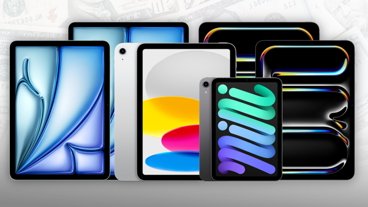




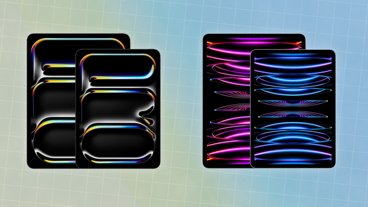


 Malcolm Owen
Malcolm Owen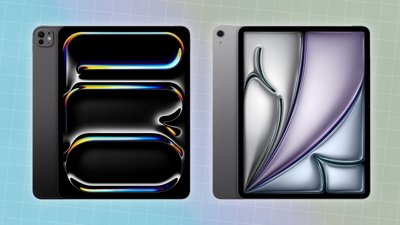
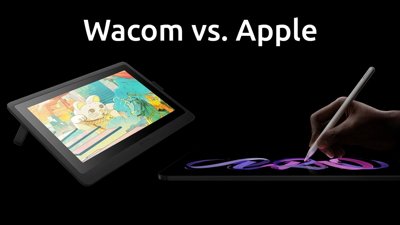
 Amber Neely
Amber Neely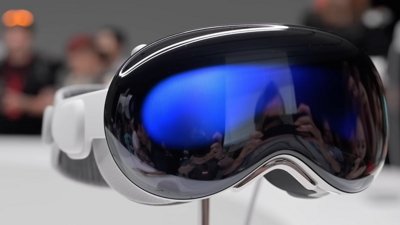

 Marko Zivkovic
Marko Zivkovic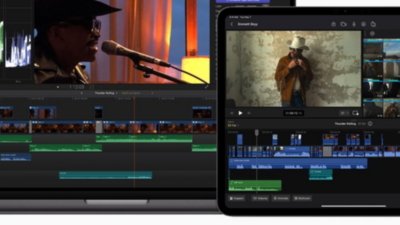
 David Schloss
David Schloss
 Wesley Hilliard
Wesley Hilliard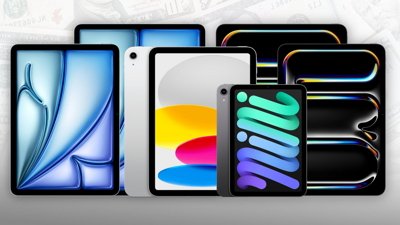
 Mike Wuerthele and Malcolm Owen
Mike Wuerthele and Malcolm Owen
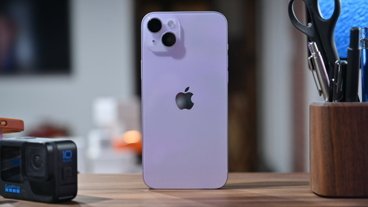








89 Comments
In other news, The CEO of Ford is not impressed with GM's new offerings, Sony's CEO thinks Apple will have difficulties in the TV market, and Bryer's CEO has confirmed that Ben and Jerry's ice cream is not as sweet and wholesome as their own.
I have some doubts about their performance per Watt but they certainly have made some huge leaps.
The proof will be when we are able to compare contemporaneously shipping products from both companies. Right now there are no shipping products with Intel's new chip and Intel is making performance claims relative to ARM chips that are in currently shipping products. If we compared ARMs future products to Intel's currently shipping products ARM would look a lot better.
We've seen this dance play out between Intel and AMD for years, and it's always the same -- you don't really know until you've got shipping versions of both products in front of you.
I eventually see Apple releasing a low end line of computers using ARM. Not everyone needs compatibility, especially casual users. The OS will be based off Mac OS X and will fall between Apple's current lines. I see a simple interface (a la iOS) where apps take up the entire screen ( a la Lion's full screen mode). There will be three models; a desktop (Mac mini like), an all-in-one, and a an Air like laptop. Each of these will be priced 200-300 cheaper than their Mac counterparts. Apps in the iOS App Store that are compatible with iPad's "retina" display will be able to run on these new computers.
The problem really is that no-one wants Intel in this space, except Intel. The whole ARM eco-system is carefully balanced, with multiple players offering slightly different designs and options (Qualcomm, nVidia, Apple's own A5 etc), which means choice and variety and ultimately super-low cost chips.
Intel isn't offering anything new - there really no incentive to switch and every reason to be deeply suspicious. Afterall, Intel have spent more than 10 years trying to get a decent GPU out of the door, and still haven't managed that!